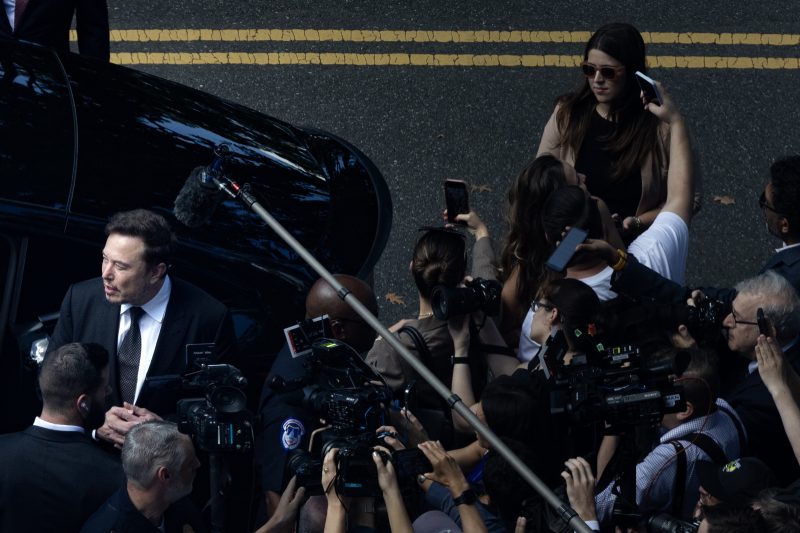Elon Musk’s Recent Election Claims: Unveiling the Impact and Implications
Elon Musk, the visionary entrepreneur known for his pioneering work in the tech and space industries, has recently found himself embroiled in controversy over his statements regarding the validity of election results. Musk’s social media posts and public statements suggesting irregularities in the electoral process have garnered significant attention, reaching millions of people and sparking heated debates among the public and election officials alike.
The influential reach of Elon Musk, as the CEO of Tesla and SpaceX, cannot be underestimated. With a massive following on social media platforms like Twitter, Musk’s statements carry considerable weight and influence, shaping public opinion and discourse on a wide range of issues. Therefore, when Musk shares his views on topics as sensitive and consequential as election integrity, the repercussions are far-reaching and potentially profound.
However, the veracity of Musk’s claims and the impact of his statements on public perception and confidence in the electoral process have come under scrutiny. Election officials and experts have expressed concern over the spread of misinformation and the potential erosion of trust in the democratic system as a result of misleading assertions made by prominent figures like Musk.
One of the key issues raised by Musk in his election-related comments is the alleged vulnerability of electronic voting systems to manipulation and hacking. While it is crucial to safeguard the integrity of electoral processes and ensure the security of voting systems, experts have pointed out that Musk’s claims of widespread fraud or tampering lack substantive evidence and may sow seeds of doubt and uncertainty among the public.
Moreover, the timing and context of Musk’s statements have added to the controversy surrounding his remarks. In the aftermath of the 2020 U.S. presidential election, which was marked by intense scrutiny and allegations of fraud, Musk’s comments have reignited debates over election integrity and transparency, further polarizing public opinion and fueling existing concerns about the legitimacy of democratic processes.
The potential repercussions of Musk’s misleading election claims extend beyond mere speculation and rhetoric. In an era characterized by heightened political polarization and social division, the spread of misinformation by influential figures like Musk has the capacity to undermine trust in institutions, sow distrust among citizens, and erode the foundations of democratic governance.
To address these challenges and mitigate the impact of misleading statements on election integrity, a multipronged approach is needed. Election officials, policymakers, and tech companies must work collaboratively to combat disinformation, enhance transparency in the electoral process, and promote fact-based discourse that upholds the principles of democracy and civic participation.
In conclusion, Elon Musk’s recent election-related claims have underscored the power of influential individuals to shape public discourse and attitudes towards democratic institutions. As we navigate an increasingly complex and polarized political landscape, it is imperative to uphold the integrity of electoral processes, combat misinformation, and foster a culture of trust and accountability in our democratic systems. The path forward requires a collective effort to uphold the principles of democracy and ensure that the voices and choices of citizens are respected and protected.
